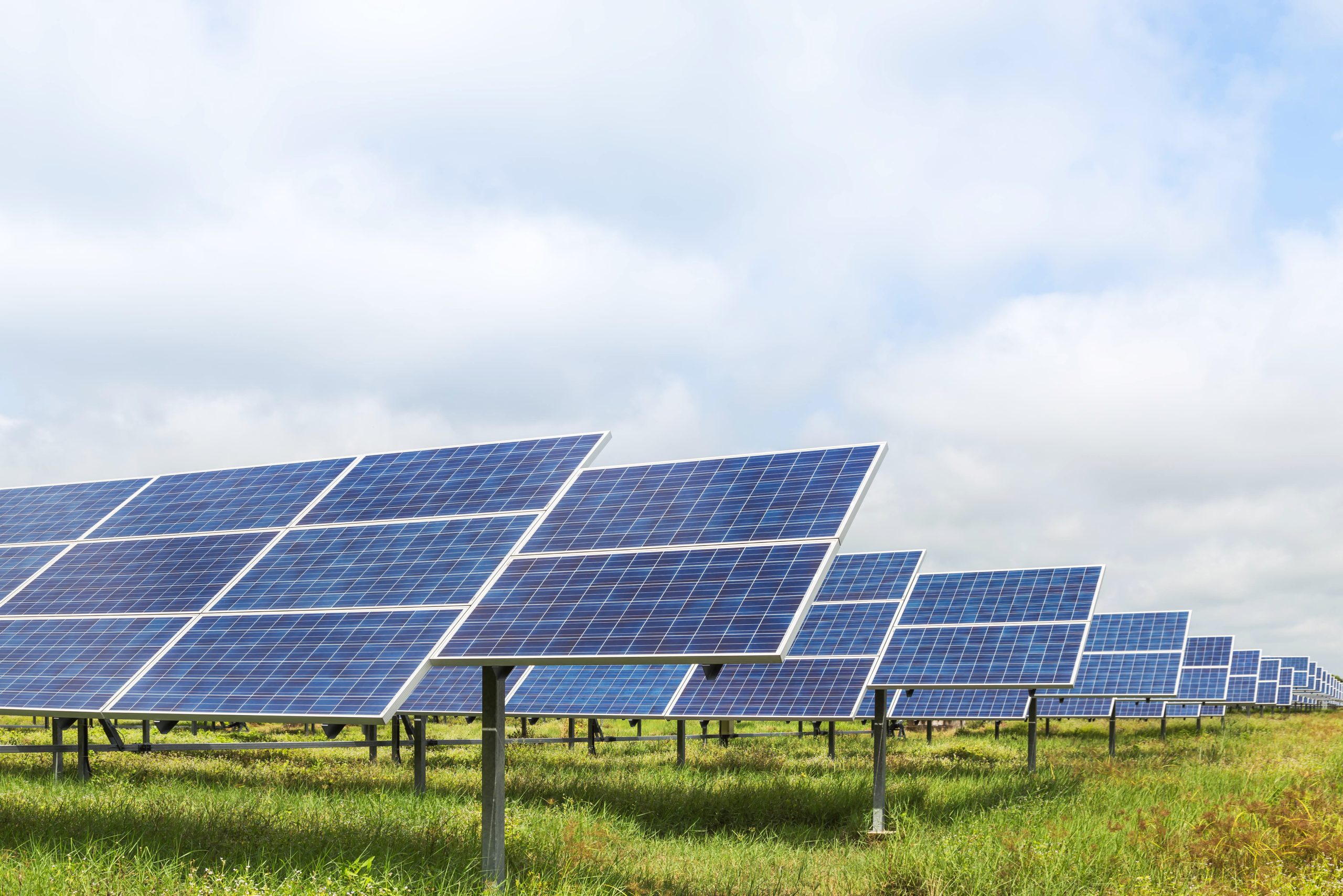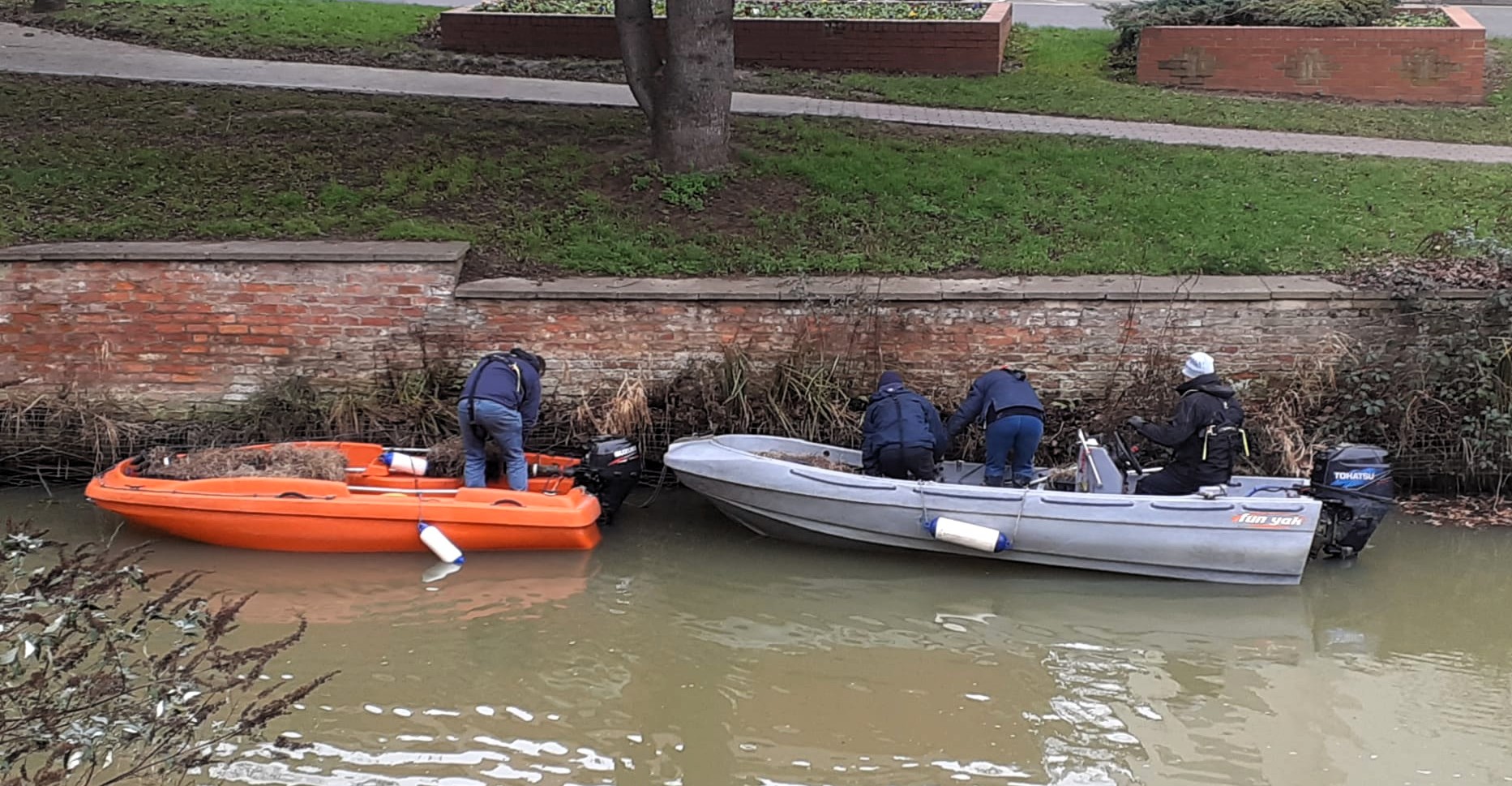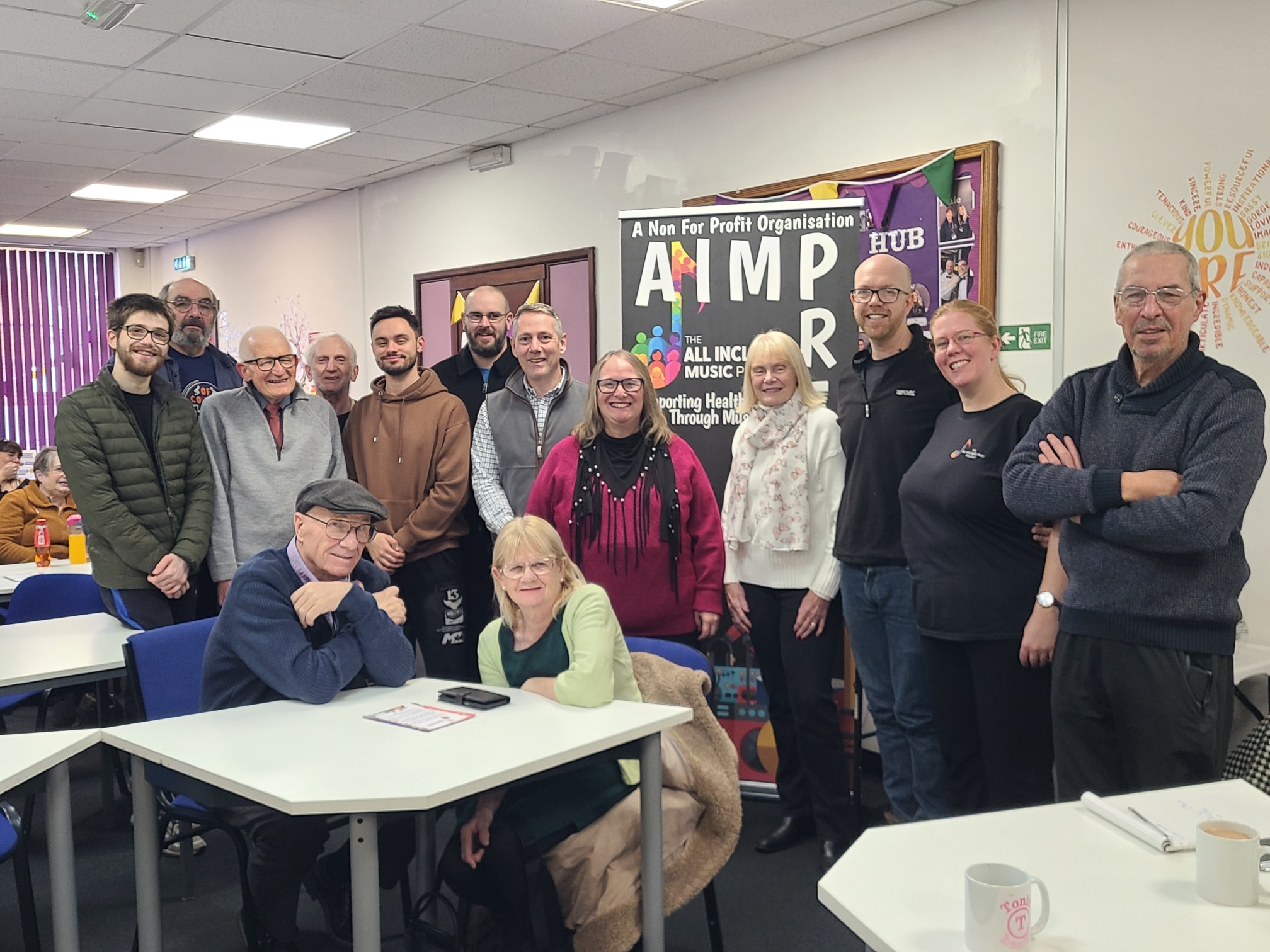Energy regulator OFGEM’s new price cap announced recently does not help the millions of older and vulnerable people still struggling to pay bills or in debt from last Winter.
Although the latest limit on typical UK dual-fuel bills for October 1 to December 31 2023 is, as anticipated, £151 lower than the previous quarter at £1,923 a year, it will not avert another winter of widespread misery.
That is why the National Pensioners Convention is calling for additional government assistance with fuel bills for 2023/24, such as the reintroduction of the Energy Bills Support Scheme.
NPC General Secretary Jan Shortt said: “Older people will still be paying considerably more for energy this winter than before the pandemic, and so far this winter no energy bills support payment has been promised.
“But there is undoubtedly a case for the government to step in, especially with so many charities and experts already predicting that those on low incomes will pay more for their energy than last winter, and last winter’s bills were double the winter before.”
The NPC’s concerns have been confirmed by figures from the charity National Energy Action, which estimates that 6.2 million UK households, up almost two million from 2021, face fuel poverty this winter.
Meanwhile Citizens Advice say 46,421 people with energy debts contacted them for help in the first six months of 2023, a 17 per cent increase on the same period last year. And the value of their debts, averaging £1,711, is up on 2019. So they are already starting the winter in debt.
“Gas and electricity bills have been rising fast over the last couple of years, and this has not been helped by the rocketing price of food and other essentials.
“While every little helps in this cost of living crisis , the latest OFGEM price cap is just that, a little, and it looks like it will go back up again in January anyway.
“The government must move urgently on the way in which energy is provided , ideally through publicly owned national grids. In the meantime, the profits made by energy providers should be used to subsidise households rather than dumped onto the taxpayer.
“We have seen no real movement on renewable and sustainable energy sources, and this is now a crucial part of future energy costs for society. There is no real interest in dealing with cold, damp homes, prepayment meters are still a concern, and there has been no reform of standing charges.
“If this was a mid-term performance report, we would say the government must do a lot better as there are too many people struggling to make ends meet.
“In 2023 there has to be a better way.”
Rodney Sadd
Supporter of the NPC
Crowland






